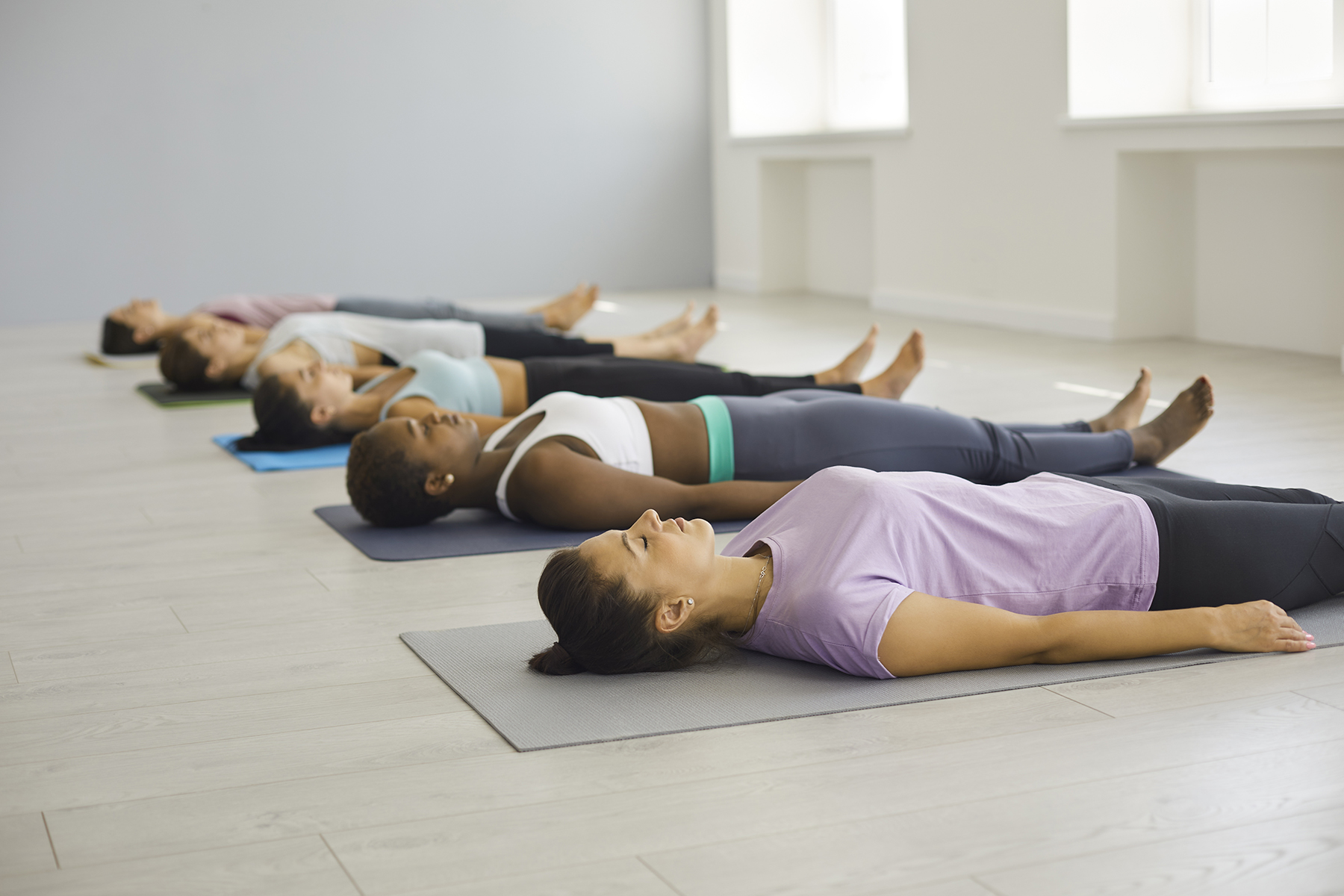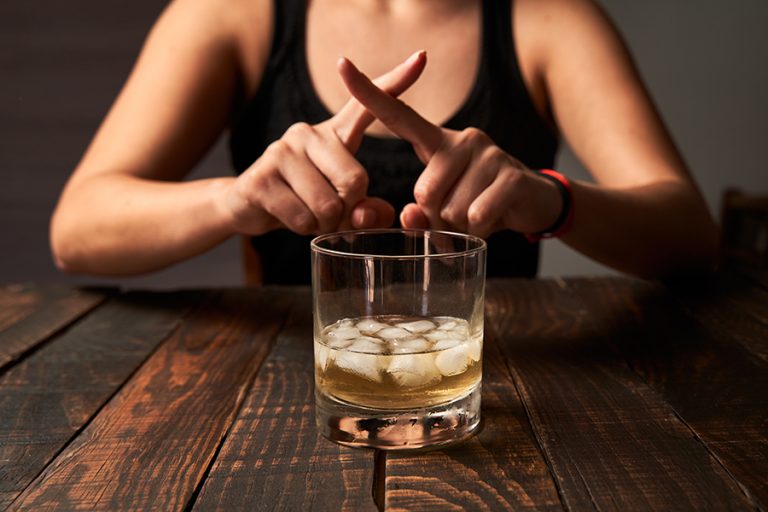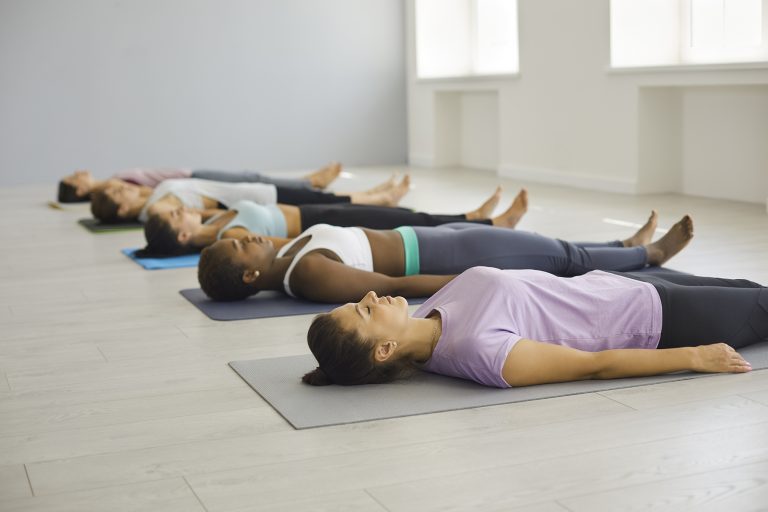At The Bridge, we believe in taking a 360⁰ approach to addiction recovery, combining therapy and the 12-step programme with exercise, nutrition and practices which help to relieve stress and tension and promote wellbeing. At our luxury rehab in Spain, we are also committed to getting to the root of the problem and finding out why the addiction has started in the beginning.
One common link that we see between many of our patients is trauma. Unfortunately, there is a very strong link between trauma and addiction. In fact, a study revealed that children who experienced trauma were five times more likely to suffer from alcoholism. This is why trauma therapy and other talking therapies are an incredible and important part of our addiction treatment programmes.
Our qualified therapists will help you to deal with the trauma and understand how it is triggering your behaviours. They will also give you coping mechanisms, other than drinking or using drugs, to deal with the emotions or feelings which result from your trauma.
We don’t want past trauma to define our clients’ future, and we have a wide range of tools and techniques to deal with this pain and move forward with hope, positivity and purpose.
In this article, we’ll be digging a bit deeper to uncover the link between trauma and addiction and offering advice on how to deal with any trauma you may have experienced. We’ll also be reviewing the most effective treatment options for dealing with trauma. Let’s get stuck in!
What is trauma?
The mental health charity Mind defines trauma as “when we experience very stressful, frightening or distressing events that are difficult to cope with or out of our control. It could be one incident, or an ongoing event that happens over a long period of time.” They stress that everyone deals with trauma in different ways and that it could affect you for a long time after it actually happens.
Following a traumatic incident, or a period of time when we suffer abuse, neglect or feel frightened, our bodies and minds can experience intense symptoms. Our bodies respond to danger or threat by releasing hormones that are often referred to as the fight or flight hormones. This can be during or immediately after the trauma or for many years after when something triggers us to remember the experience. These hormones can cause us to shake, sweat, feel aches and pains, make us tired and even affect our vision or memory.
Our minds are also affected by these traumatic experiences, and feelings and emotions are triggered. These are varied and can change over time, but often include anger, fear, worry, shame and confusion. Trauma victims sometimes feel numb, or like they have lost their identity, and don’t know what they need or want. They can also be triggered into a state of hypervigilance and panic and often blame themselves for what happened.
Signs that you or your loved one are experiencing trauma include flashbacks, panic attacks, sleep problems and self-harm. Find out more about the effects of trauma.
Tips for releasing tension and trauma
There are lots of things you can do to release trauma and tension and deal with stress. Here are a few tips –
Learn to breathe properly – Mindful breathing, breathwork such as the various forms of pranayama in yoga, or just taking some deep breaths and controlling the breath is incredibly beneficial.
Meditation – even for a couple of minutes a day, or twice a day, over time will make a big impact on your life.
Try yoga – it is a wonderful way to relax and centre you and offer lots of ways to deal with feelings of anxiety, panic and even grief that can be triggered by trauma.
Exercise – try lots of different types of exercise until you find something which you enjoy, can maintain, and which makes you feel great afterwards. Exercise is a great stress regulator and mood booster and is an excellent tool to deal with trauma and its physical and emotional symptoms.
Prioritize daily self-care strategies – these include healthy eating and good hydration, taking steps to ensure a good night’s sleep, practicing gratitude and positivity and being good to yourself.
Talk to someone – don’t hide your trauma! Speak to friends and family members and seek help from professionals. Talking to your GP is a great first step, as they can refer you to counsellors or therapists, or recommend medication or other therapies which have produced great results in people with trauma.
What is the link between trauma and addiction?
Dealing with trauma and keeping traumatic memories locked away is an ongoing battle. Even though many years have passed, and even though trauma victims become very good at developing coping strategies for suppressing the pain, memories, feelings and flashbacks can return at any time. The difficult emotions and painful memories related to trauma can feel very intense and there’s a desire to mask that, or dull it in any way. Many trauma victims turn to alcohol, prescription medications or illegal drugs to deal with these feelings. Unfortunately, without the right help and support, these ways of coping can escalate and become serious addictions, which further exacerbate the feelings of anxiety and depression and can lead to a very dangerous spiral.
There have been a lot of studies which show compelling evidence of a link between trauma and addiction. According to the Substance Abuse and Mental Health Services Administration, 75% of people in treatment for substance abuse report histories of abuse and trauma. Childhood trauma in particular seems to have an extremely high correlation with addiction.
Unfortunately, the substance abuse itself can also make you less able to cope with traumatic events and encourages high-risk behaviour which can trigger memories of trauma, or create further trauma, for an already vulnerable individual.
Breaking the cycle of trauma and addiction
At our luxury rehab in Spain, we want this vicious cycle to stop! We strongly believe that in the cases where the trauma has led to the addiction, that there’s no long-term solution to the addiction and destructive behaviour without first dealing with the trauma itself. That’s why we offer trauma therapy and a range of highly effective talking therapies, led by highly qualified specialists in trauma.
We often include cognitive behavioural therapy into the bespoke addiction treatment plans of anyone who has suffered with trauma. It is highly recommended by the APA for the treatment of PTSD, as it can help change the associations we make and remove triggers, improving how we process the trauma in an emotional sense. It also challenges us to look at our own beliefs and world view and how that relates to the trauma we have suffered and unpicks these links, to free us from limiting, negative and controlling beliefs that have built up over time.
We also utilise holistic techniques such as meditation and yoga to help clients deal with many of the effects of trauma. That’s because the body is the container of all our sensations and emotions. The body replays trauma over and over as somatic signs and symptoms when the body memory gets stuck. These sensations and emotions are often what the addict is either consciously or unconsciously trying to cope with or move away from.
Yoga is very helpful for recovery because it helps to self-soothe and self-regulate the nervous system which in turn can ease cravings, find feelings of relief, and restore balance and optimism.
It is a great addition to a person in recovery’s self-care tool box, for it is essential to learn how to unwind and relax in a healthy way to maintain long term recovery.
Trauma Therapy and Holistic Therapies in combination with addiction recovery treatments at The Bridge
We have brought together a highly experienced and qualified team of professionals at our luxury rehab in Spain, to offer our clients the very best chance of long-term recovery from addiction. Our bespoke and personalised addiction treatment programs combine different therapies and treatments to our core programme to cater to each individual who comes to us for help. We offer trauma therapy alongside CBT, group and one-to-one therapy, 12-step meetings, as well as family therapy and support and much more.
Our private rehabilitation centre in Marbella, offers a safe, comfortable and discreet place to get to the bottom of your issues. Our luxury rehab facilities, excellent team of professionals from different disciplines, and our passionate belief that everyone can recover from addiction is a powerful combination. Our aim is to build your mental and physical strength and resilience, and work with you to get to the root of the problem, while taking you away from temptation and breaking negative patterns and habits.
Please contact us to find out more about The Bridge and how we can help you, or read our blog on how we work at The Bridge.




